London Fashion Week is 40 years old - we look back at some of the most iconic moments
A highlight reel
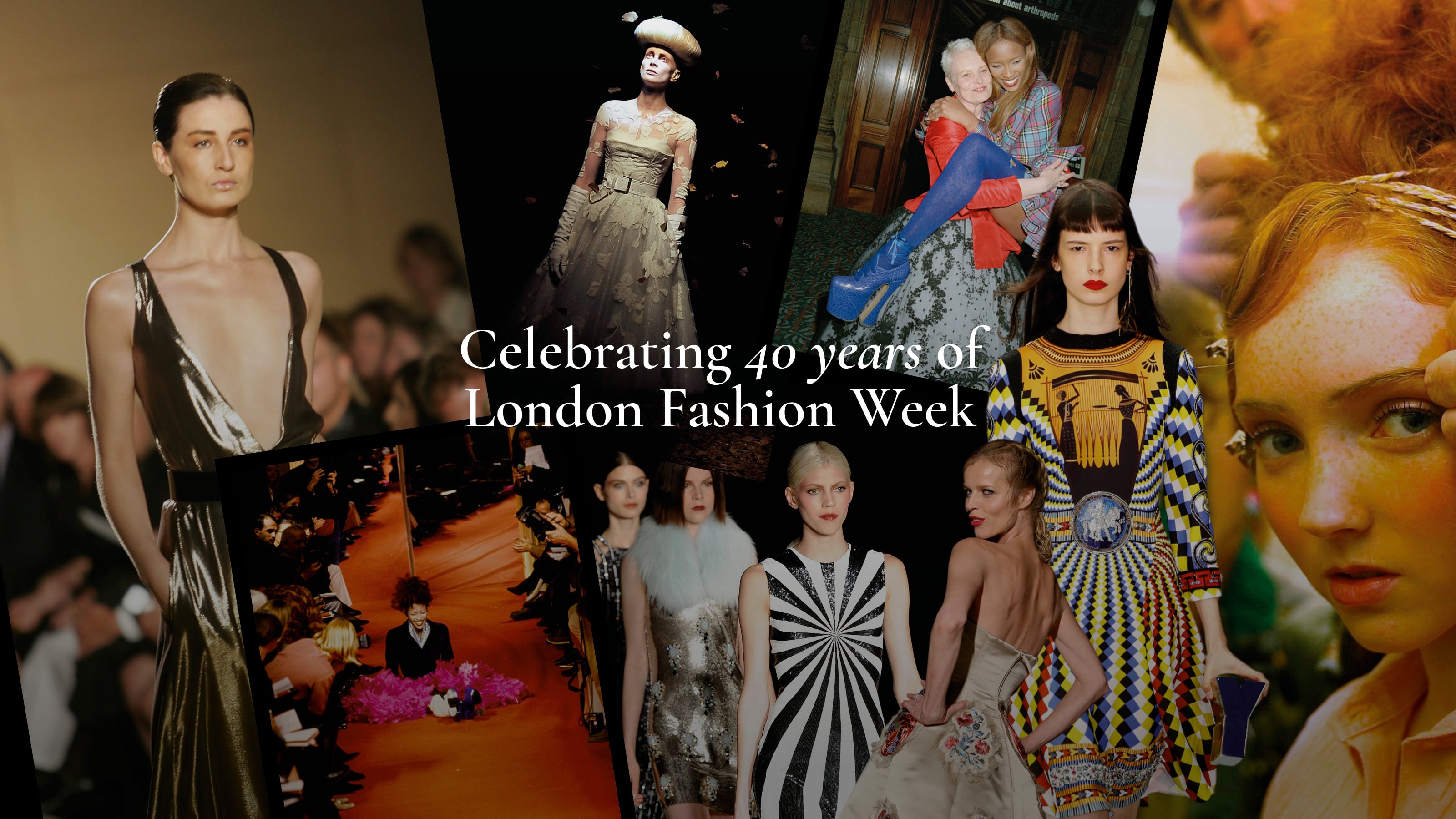

As Lenin observed, “There are decades where nothing happens, and there are weeks where decades happen.” Perhaps a strange, yet relevant, reference to say that in fashion too, once in a while a look blazes through the industry’s firmaments like an asteroid and changes the face of contemporary fashion in an instant. Think Katharine Hamnett's 1983 slogan tees, Alexander ‘Lee’ McQueen's 1993 bumster, Nasir Mazhar's 2014 streetwear frenzy, Roksanda’s film featuring three generations of women in the 2020 lockdown. All these fashion moments continue to reverberate through fashion today, from runway to high street, impacting what we’ve worn and what we love. When reflecting on London Fashion Week’s 40th anniversary this September 2024, there are so many inspiring creatives who have brought iconic and game changing looks to life, weaving together different testimonies and perspectives to create a picture of the people and processes that changed fashion, globally, forever.
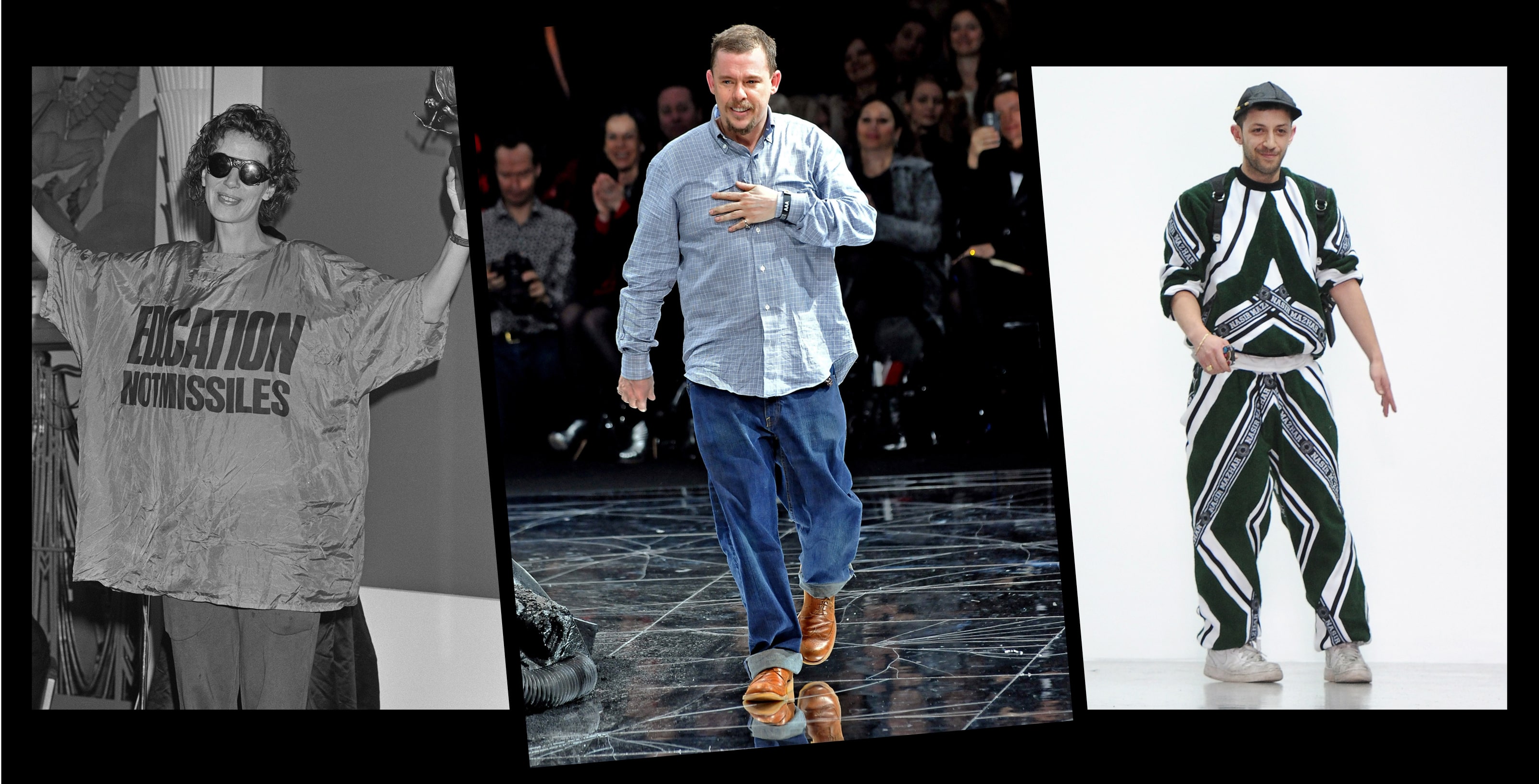
Katharine Hamnett (1984), Lee McQueen (1998), Nasir Mazhar (2014)
There’s no better person to ask what London Fashion Week’s enduring qualities have been over the last 40 years, than the British Fashion Council’s CEO, Caroline Rush, herself driving its momentum for the last 15 years. “London Fashion Week is renowned for continually pushing the boundaries of creativity and supporting the best emerging talent. Since the inception of BFC NEWGEN in 1993, London has retained its reputation for platforming world-leading creatives and allowing them a space to express themselves without restriction. Our designers consistently push boundaries, challenge norms and inspire greater creativity.”
London Fashion Week has indeed spearheaded a lot of firsts: In 2009, it was the first global fashion week to embrace digital platforms, live-streaming shows to reach a broader audience worldwide. Burberry lead the way with its then-revolutionary digital fashion experiences experimenting with live-stream shopping for the ill-fated buy-now-see-now movement. In 2018, LFW became the first of the major fashion weeks to go completely fur-free, with many brands still only now following suit. London has arguably also had the most diverse casting on its runways for the longest time. Makeup-artist Georgina Graham notes, “I have seen many changes in trends at LFW in how beauty is expressed but I am happy to see more inclusive casting by designers and brands. There is of course a long way to go and we can always do and should strive for better but since I started [20 years ago], I feel there is more representation and it's a colourful line up with people of different skin tones, gender, more ages and more curve models. More recently I have seen not only able bodied models but also brands hiring disabled models. Everyone deserves to be included.
There is of course a long way to go and we can always do and should strive for better but since I started [20 years ago], I feel there is more representation and it's a colourful line up with people of different skin tones, gender, more ages and more curve models.
Georgina Graham, Makeup-artist

Naomi Campbell walking for Vivienne Westwood (1993)
Inclusivity, more than being merely performative, has been at the heart of expression for most London Fashion Week designers over the last 40 years. Julie Gilbert, who knows a thing or two about representing a wide range of perspectives on the shop floor given her 18 year history as the Fashion Director at Barneys NY, says “ There is a daringness in expression that is seen in how the London designers express themselves. I always feel the "soul" of the many talents that come out of London. The designers dig into their deep heritage and add in the new energy of the moment…There is no better energy like seeing a talent in their infancy and feeling they have that "something" and wanting to help them grow and develop what they have.”
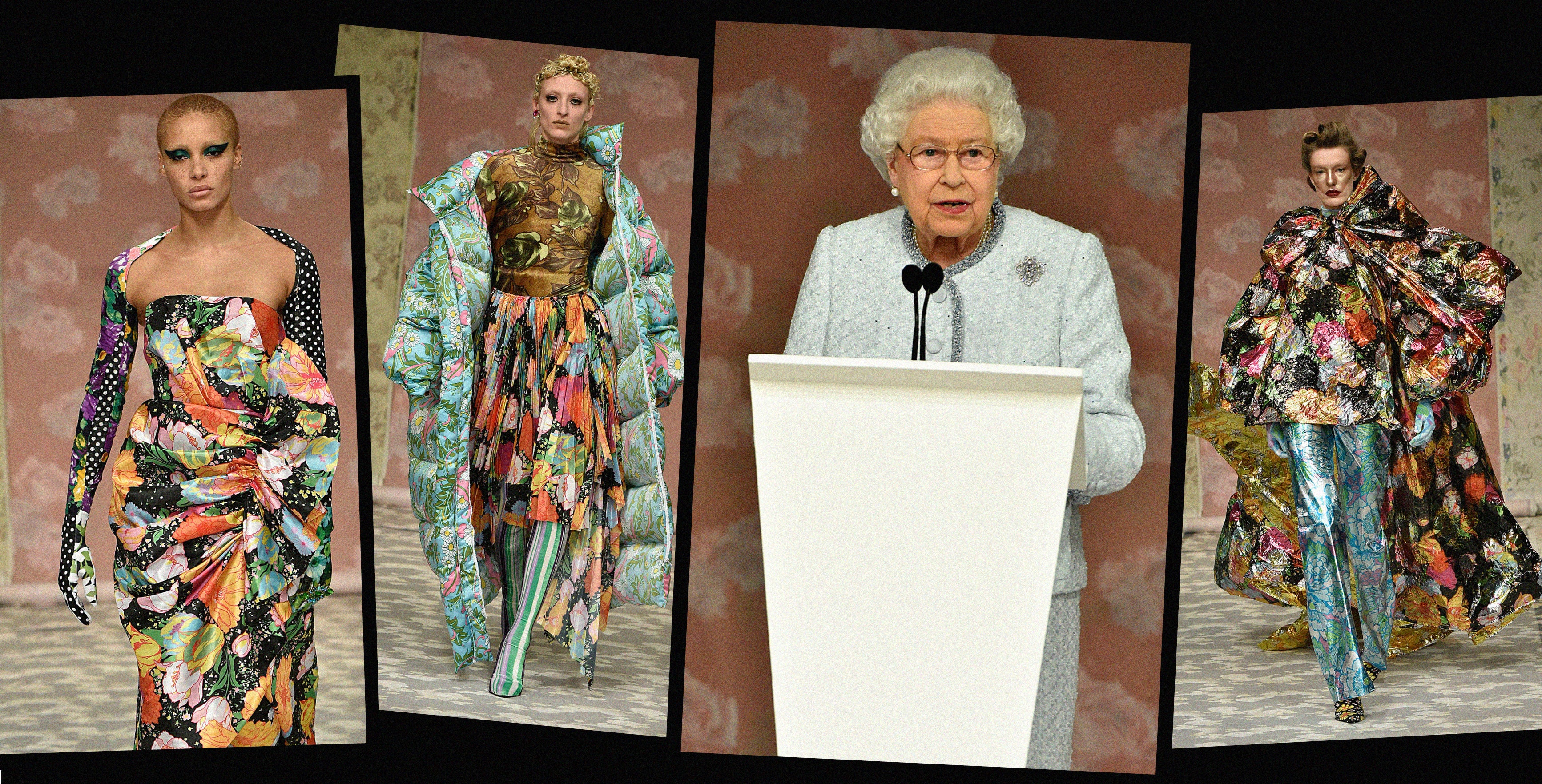
If you remember the image that catapulted Richard Quinn to international fame, it would be the one where the Queen attended her first ever fashion show, his debut collection. Another powerful moment in London Fashion Week’s 40th history, raw talent combined with the most recognisable woman on the planet. It is one of the UK’s superpowers that so many cultural moments come from our LFW catwalks. Think Naomi Campbell tripping in her platform Vivienne Westwood shoes or Christopher Kane’s neon and crystal sensual ruffles that kickstarted a global frenzy. Gilhart shares “ There were many times I could see "retail gold" in London. I think that Alexander McQueen and John Galliano's early London shows were genius. They knew how to create energy. Simone Rochas early on was a true winner. Erdem's show where he had real birds flying in the venue was game changing.”
For as much success over the last 40 years, if you look at today’s landscape, there are many designer names no longer showing, but were critical to the fashion eco-system and gave the world electrifying moments of transformation. Roland Mouret, Giles Deacon, Marios Schwab, Jonathan Saunders, Richard Nicoll, Betty Jackson, Nicole Farhi, Luella Bartley, Todd Lynn, Thomas Tait, Sofia Kokosolaki, Mary Katrantzou, Meadham Kirchoff, Peter Pilotto, Emilio de la Morena, and so many more.
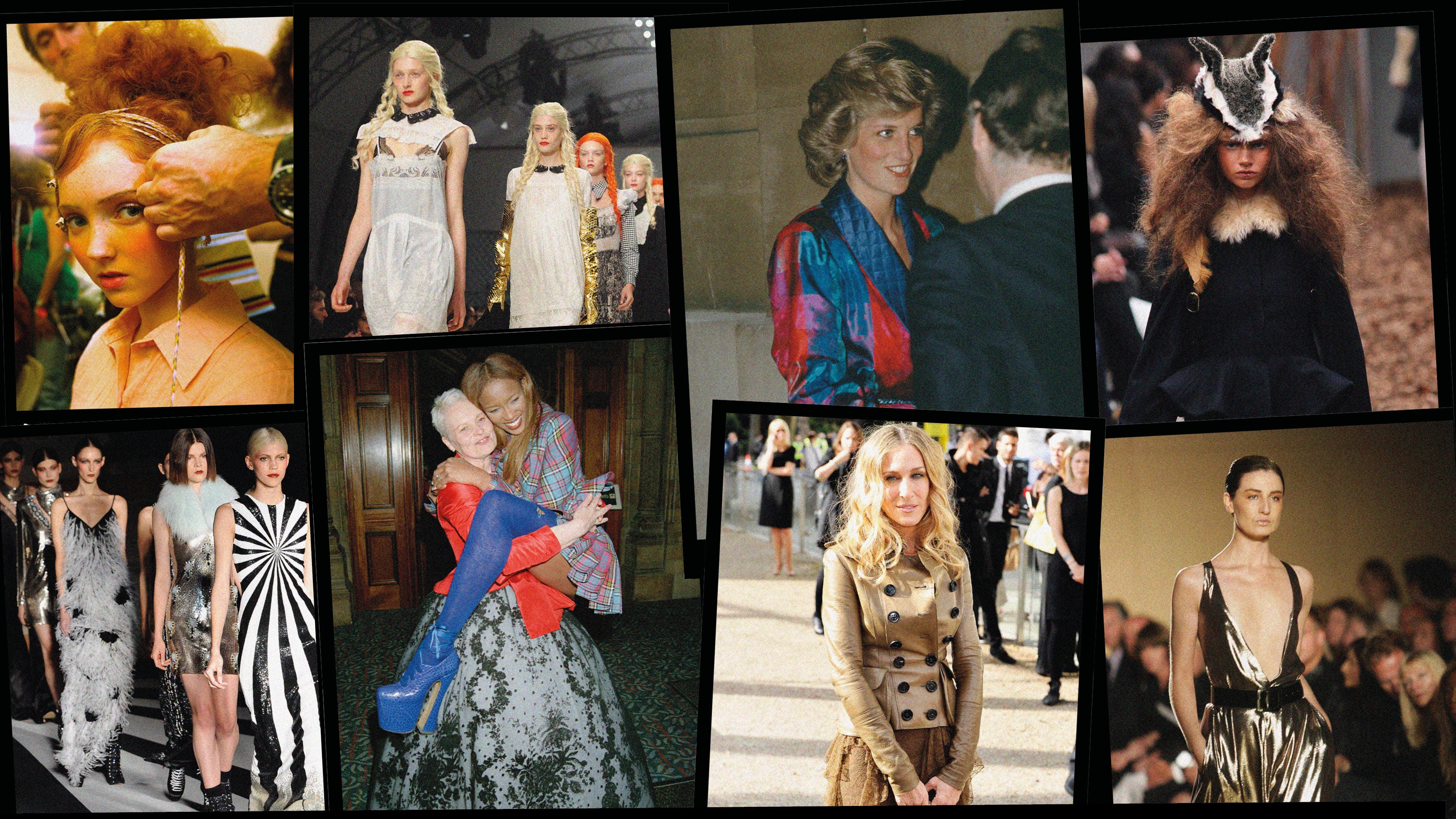
London - despite Brexit, despite Covid, despite years of austerity with an ever changing Conservative government uninterested in investing in the arts and creativity of Britain - well, London feels to many globally like a quick-pulsating heartbeat of innovation and experimentation, much of which feeds the fashion industry with new ideas and energy. “What’s kept me excited about supporting new talent is living in London!” Karen Binns, stylist and creative consultant exclaims. “London is the true anchor for raw talent in the fashion industry. It’s because the British youth have no fear of self expression. And when they are given the right tools...they sky rocket into the industry like a missile!”
Marie Claire Newsletter
Celebrity news, beauty, fashion advice, and fascinating features, delivered straight to your inbox!
“My first London Fashion Week in 1998 will always stand out,” Rush shares when asked for a favourite memory of LFW. “I was working for the iconic Annette Worsley-Taylor who helped establish London Fashion Week and the shows were electrifying. Alexander McQueen and Hussein Chalayan were the most anticipated designers then, alongside Tristan Webber, Pearce Fionda, and Matthew Williamson. Hussein’s table dress still amazes me. Each Fashion Week still brings back the awe and wonder I felt watching my first show.”
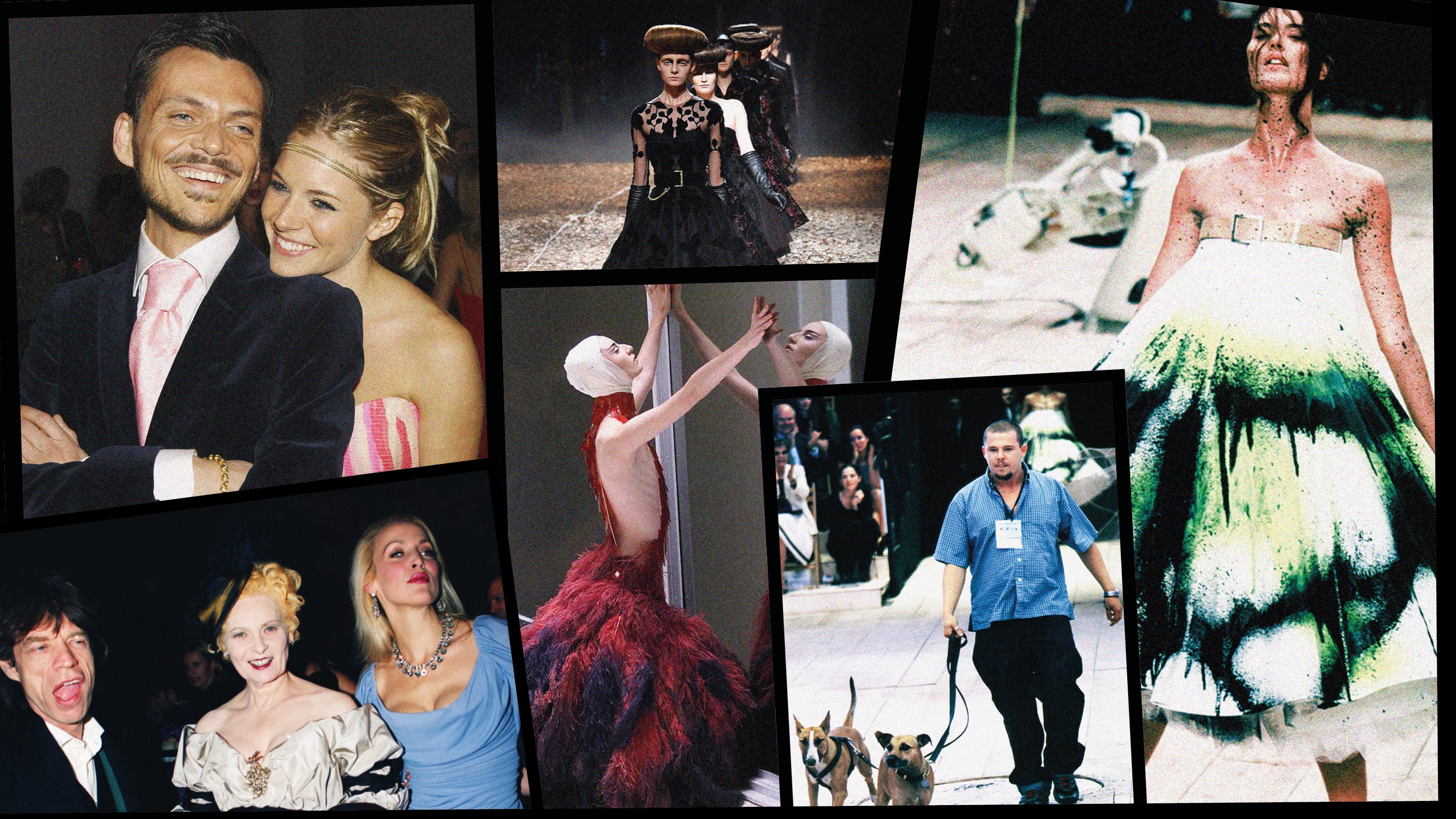
London is the true anchor for raw talent in the fashion industry. It’s because the British youth have no fear of self expression...
Karen Binns, stylist and creative consultant
Admittedly, it’s not always what’s on the catwalk but the moment after, that has kept the buzzy excitement of attending London Fashion Week. As Binns puts it, “the fashion afterparties! Everyone shows up .. and shows out!”
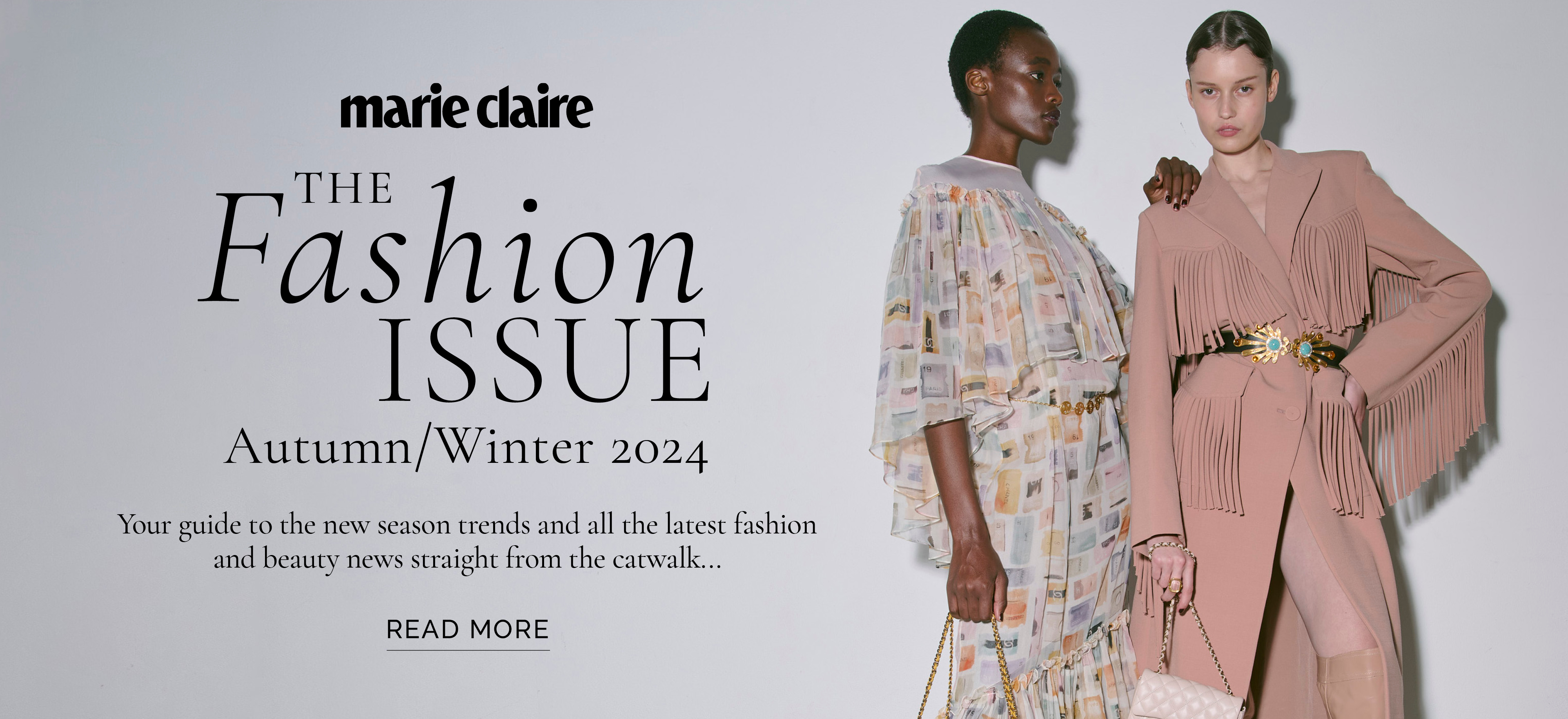

Caroline Issa is the CEO and Fashion Director of TANK and Because Magazines.
-
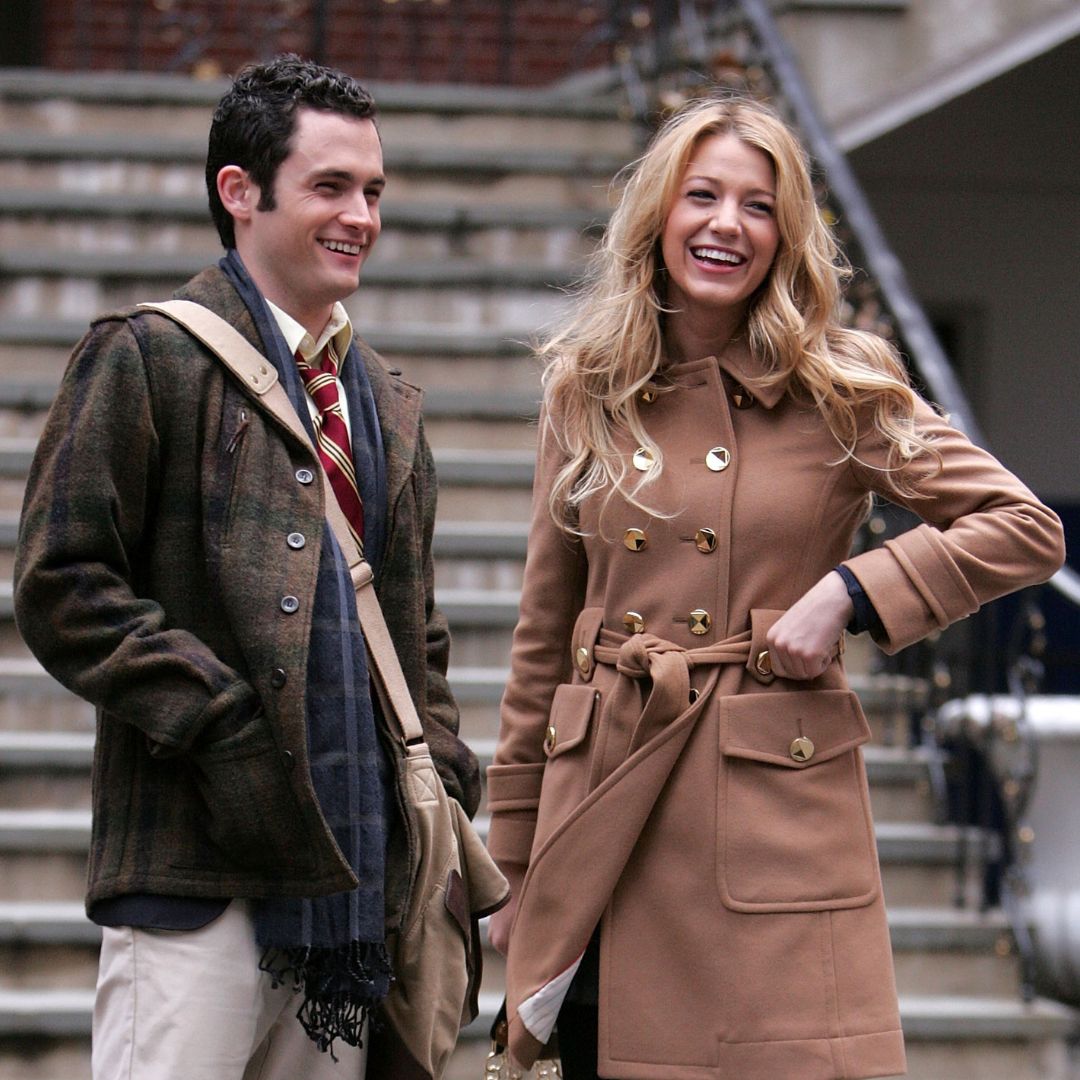 Penn Badgley and Blake Lively kept their breakup a secret from the Gossip Girl cast and crew - here's what we know about their former relationship
Penn Badgley and Blake Lively kept their breakup a secret from the Gossip Girl cast and crew - here's what we know about their former relationshipBy Jenny Proudfoot
-
 Spring has finally sprung - 6 best outdoor workouts that are totally free and boost both body and mind
Spring has finally sprung - 6 best outdoor workouts that are totally free and boost both body and mindSoak in the nature and boost Vitamin D *and* endorphins.
By Anna Bartter
-
 This iconic rose perfume is a compliment magnet—it makes me feel ‘put together’ after just one spritz
This iconic rose perfume is a compliment magnet—it makes me feel ‘put together’ after just one spritzGrown-up and elegant, yet not at all dated.
By Denise Primbet
-
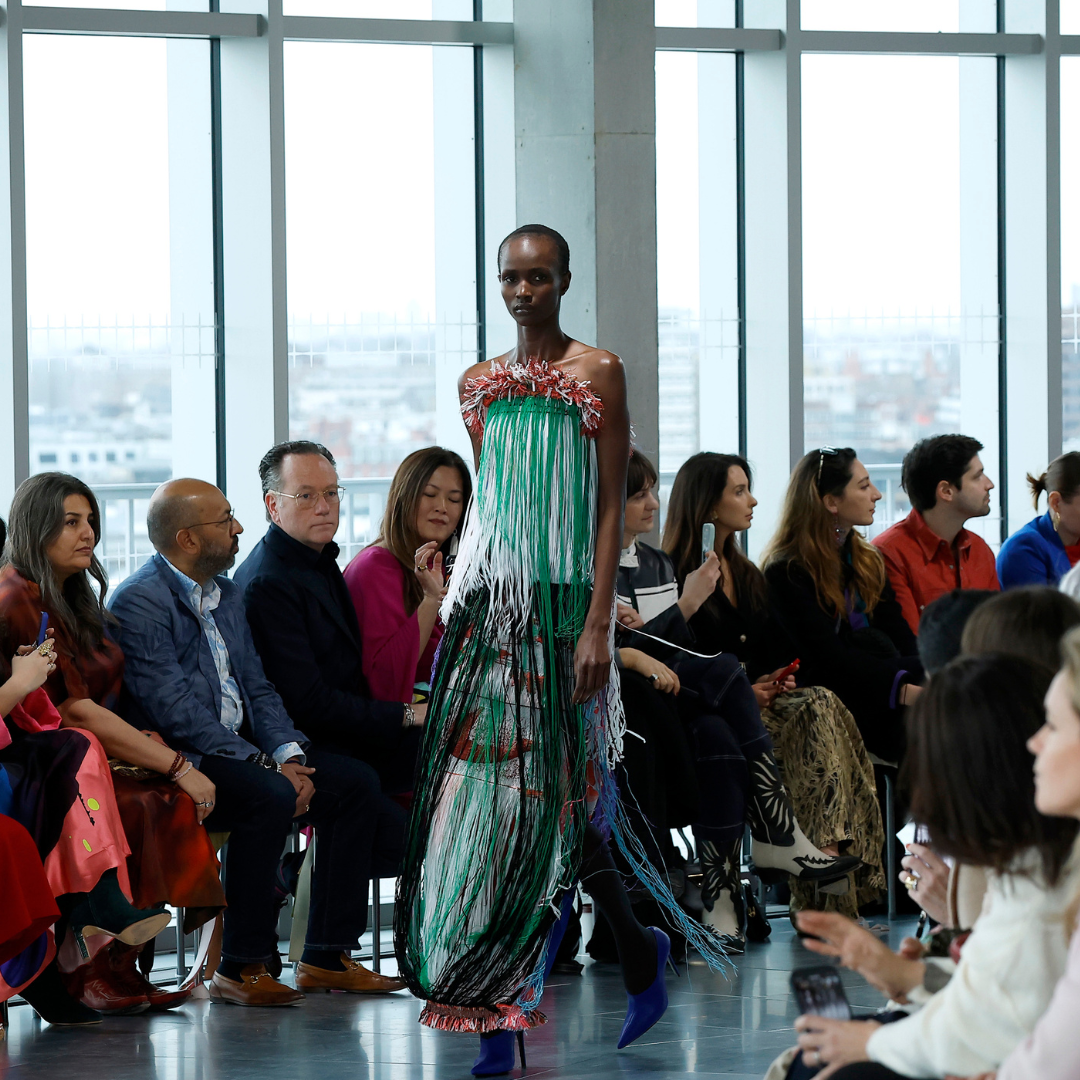 Roksanda's Autumn/Winter 2025 collection included three upcycled pieces- here's what to know
Roksanda's Autumn/Winter 2025 collection included three upcycled pieces- here's what to knowTake a peek inside the brand's colourful wonderland
By Sofia Piza
-
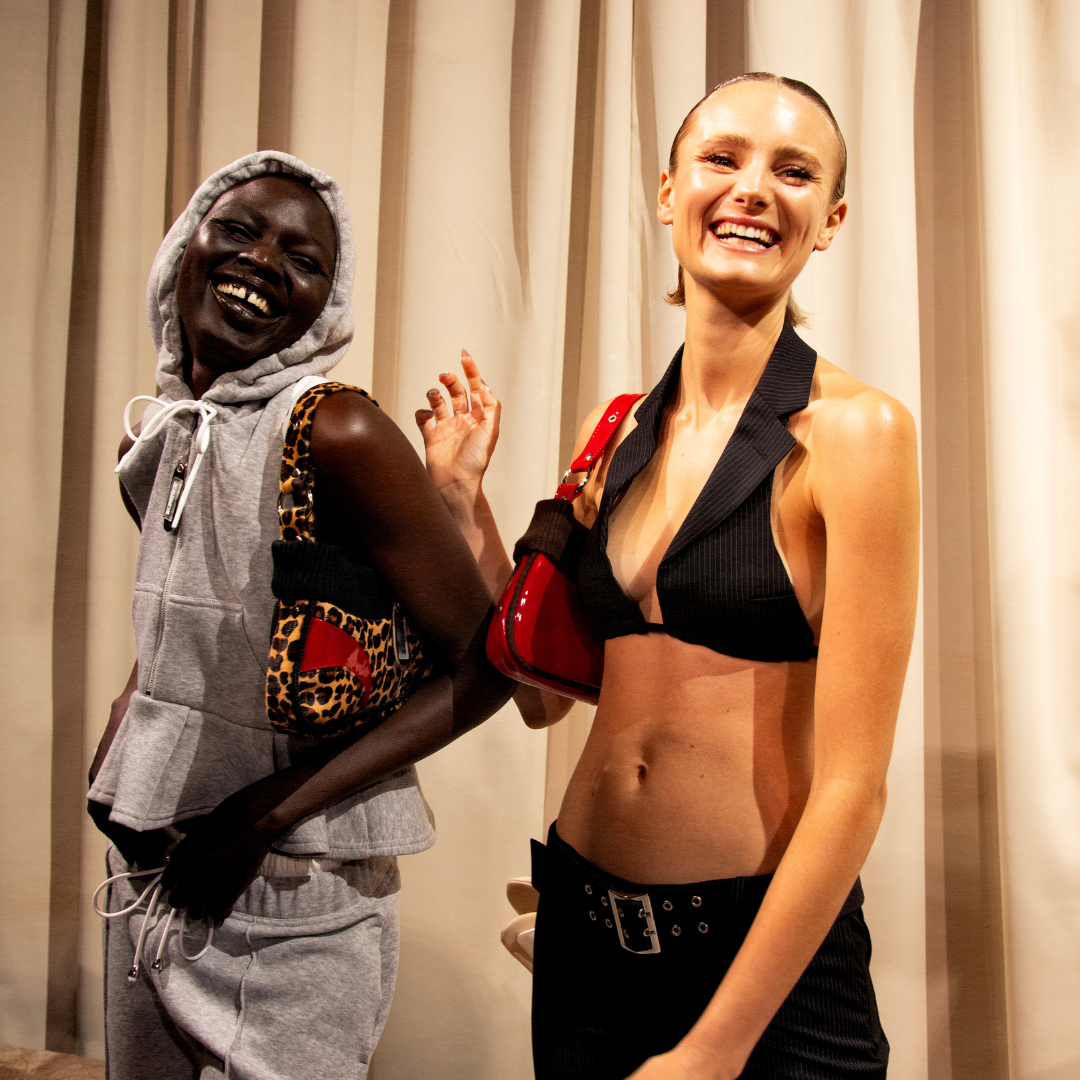 What to look out for at London Fashion Week Autumn/Winter 2025
What to look out for at London Fashion Week Autumn/Winter 2025Put these on your radar
By Rebecca Jane Hill
-
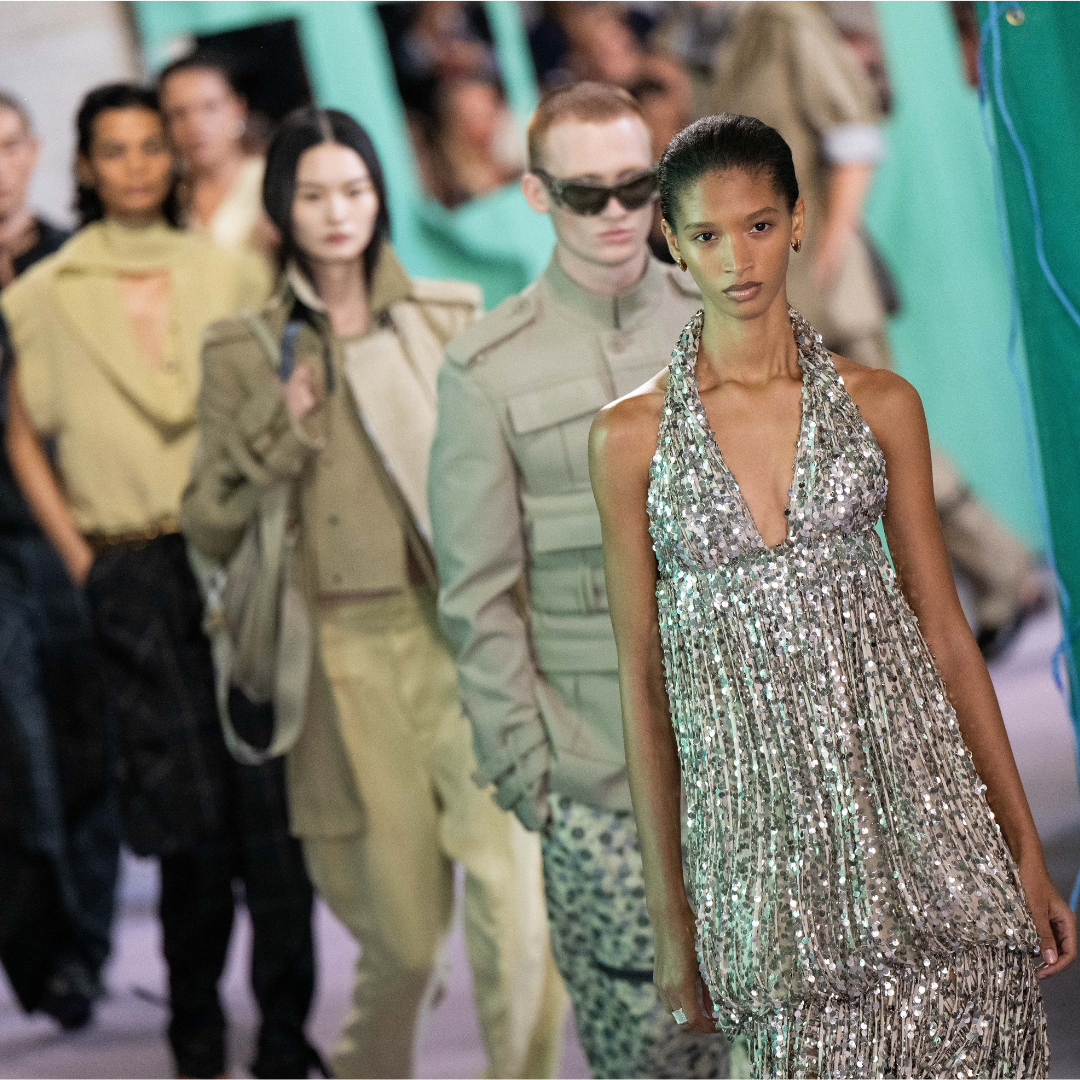 London Fashion Week’s 2025 schedule is here and one big name is missing
London Fashion Week’s 2025 schedule is here and one big name is missingEverything you need to know
By Rebecca Jane Hill
-
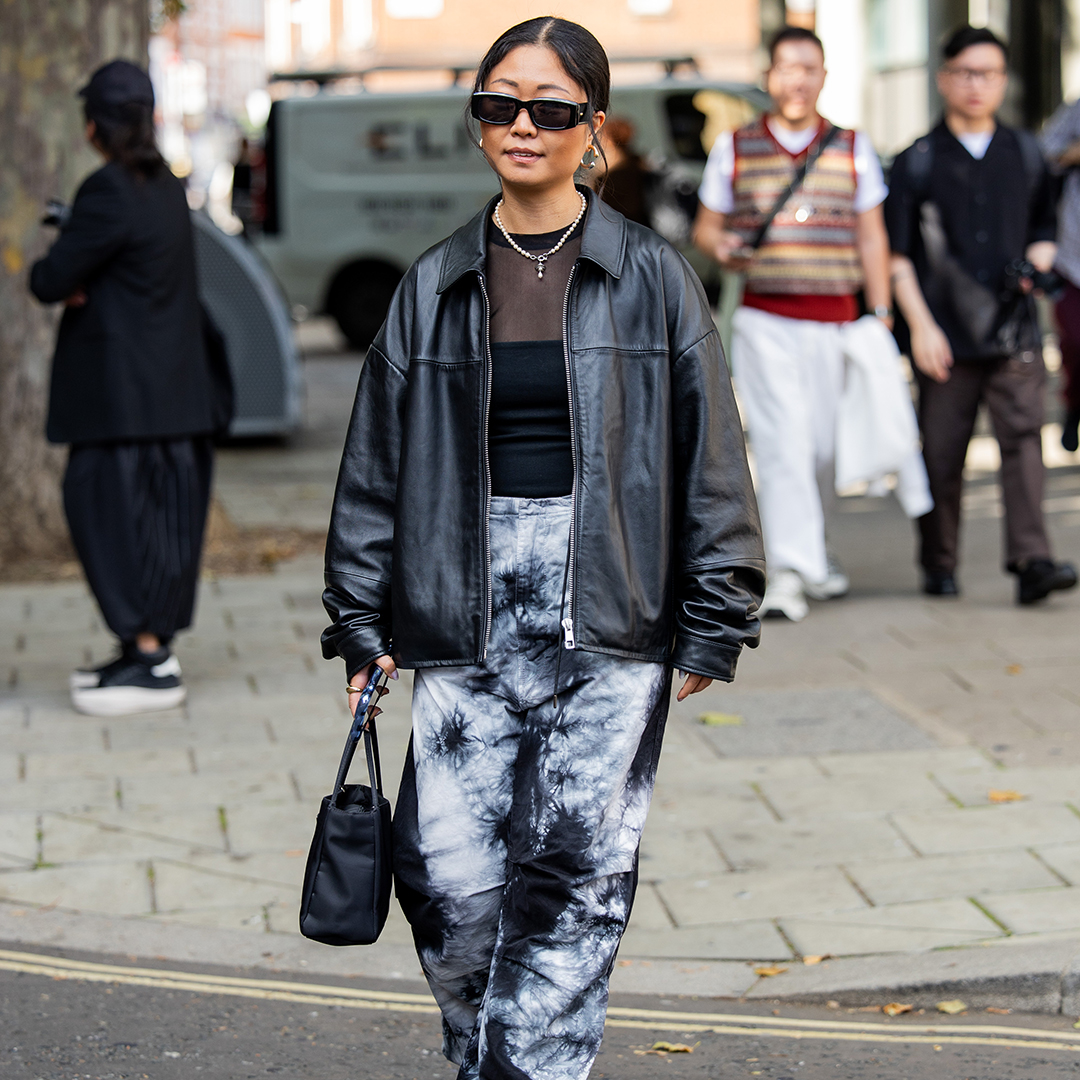 This is the one London Fashion Week street style trend I kept seeing on repeat
This is the one London Fashion Week street style trend I kept seeing on repeatGrunge all the way
By Penny Goldstone
-
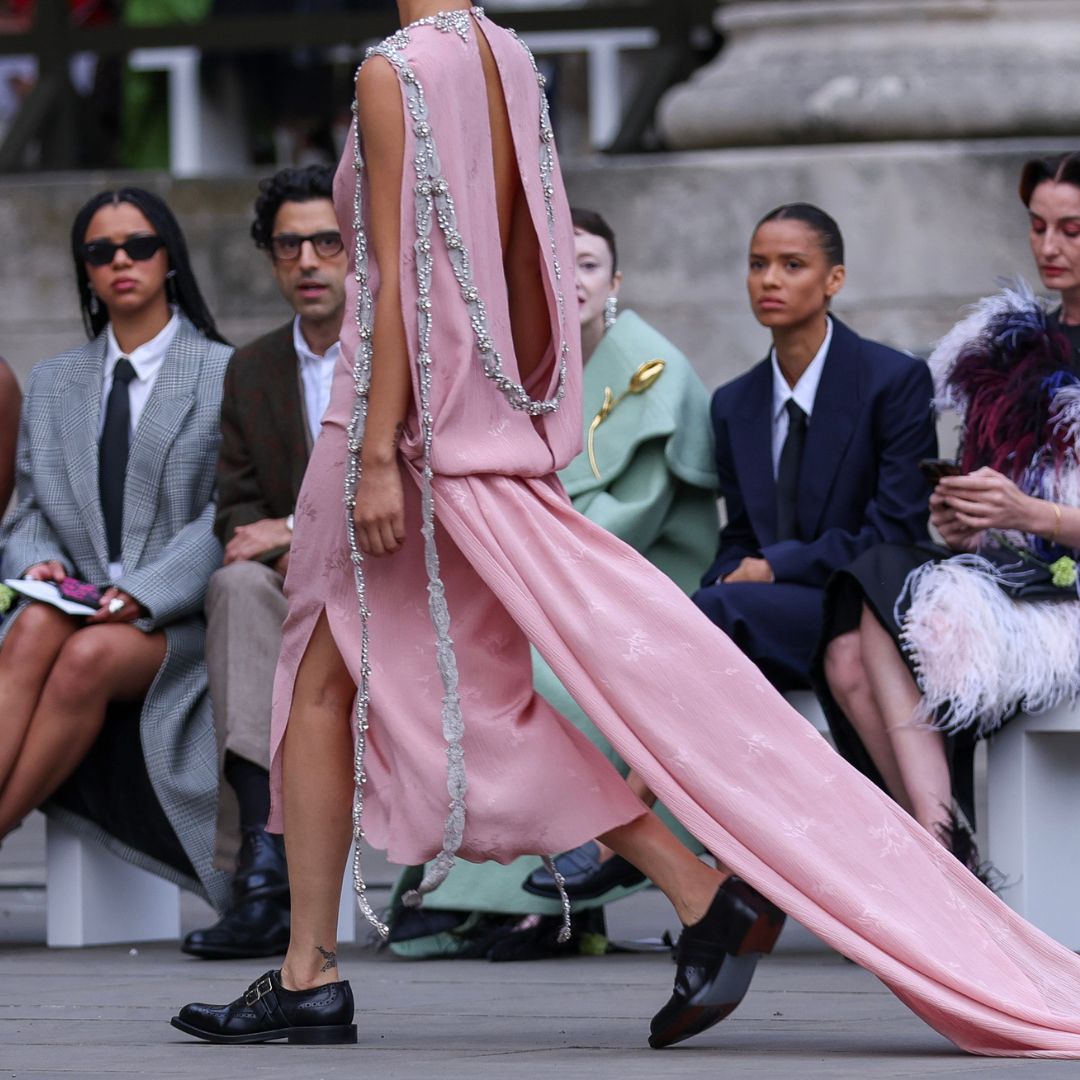 London Fashion Week: The best celebrity looks from the front row
London Fashion Week: The best celebrity looks from the front rowYour backstage pass to all-things LFW
By Mischa Anouk Smith
-
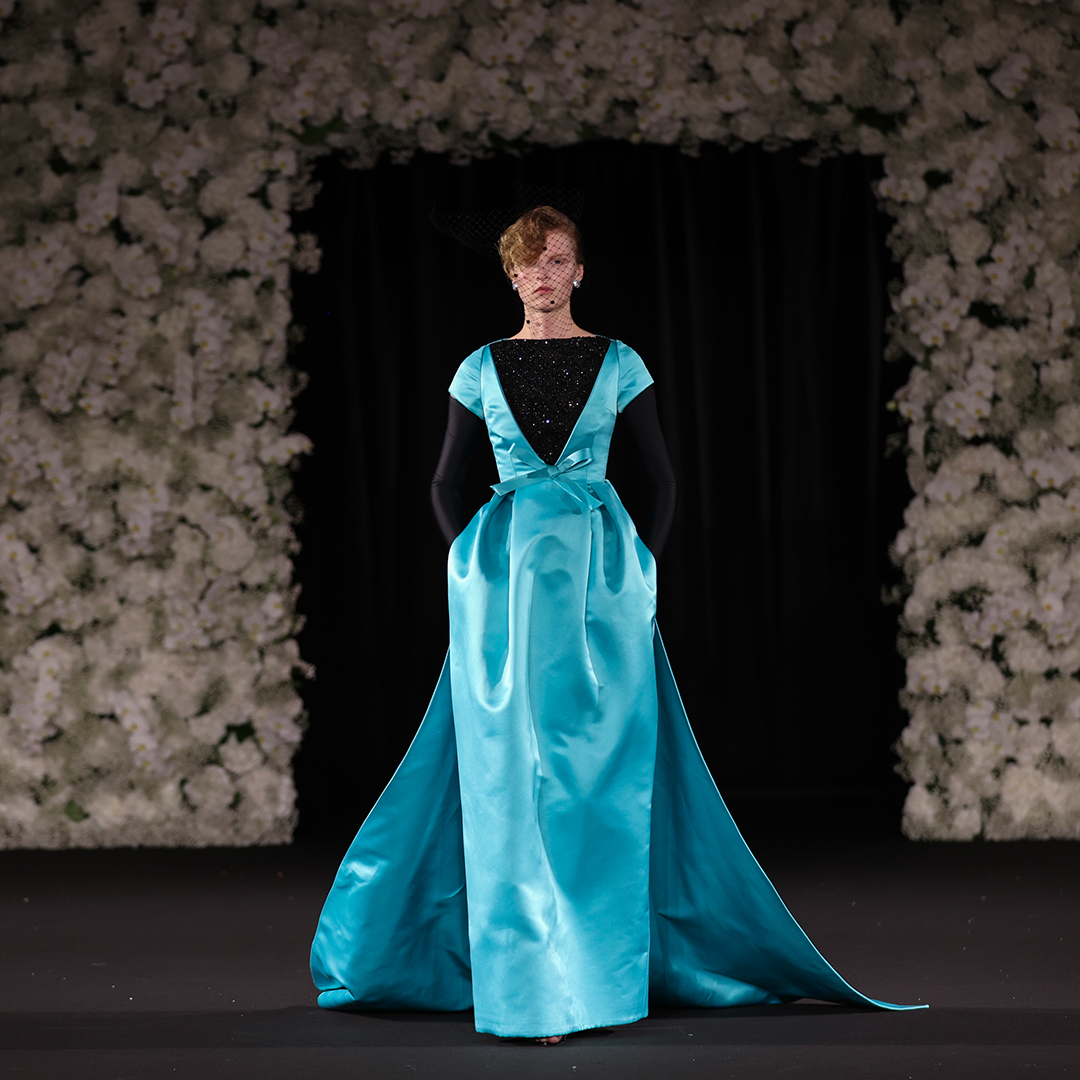 London Fashion Week Spring/Summer 2025: The Highlights
London Fashion Week Spring/Summer 2025: The HighlightsHere's what you'll be wearing next season
By Sofia Piza
-
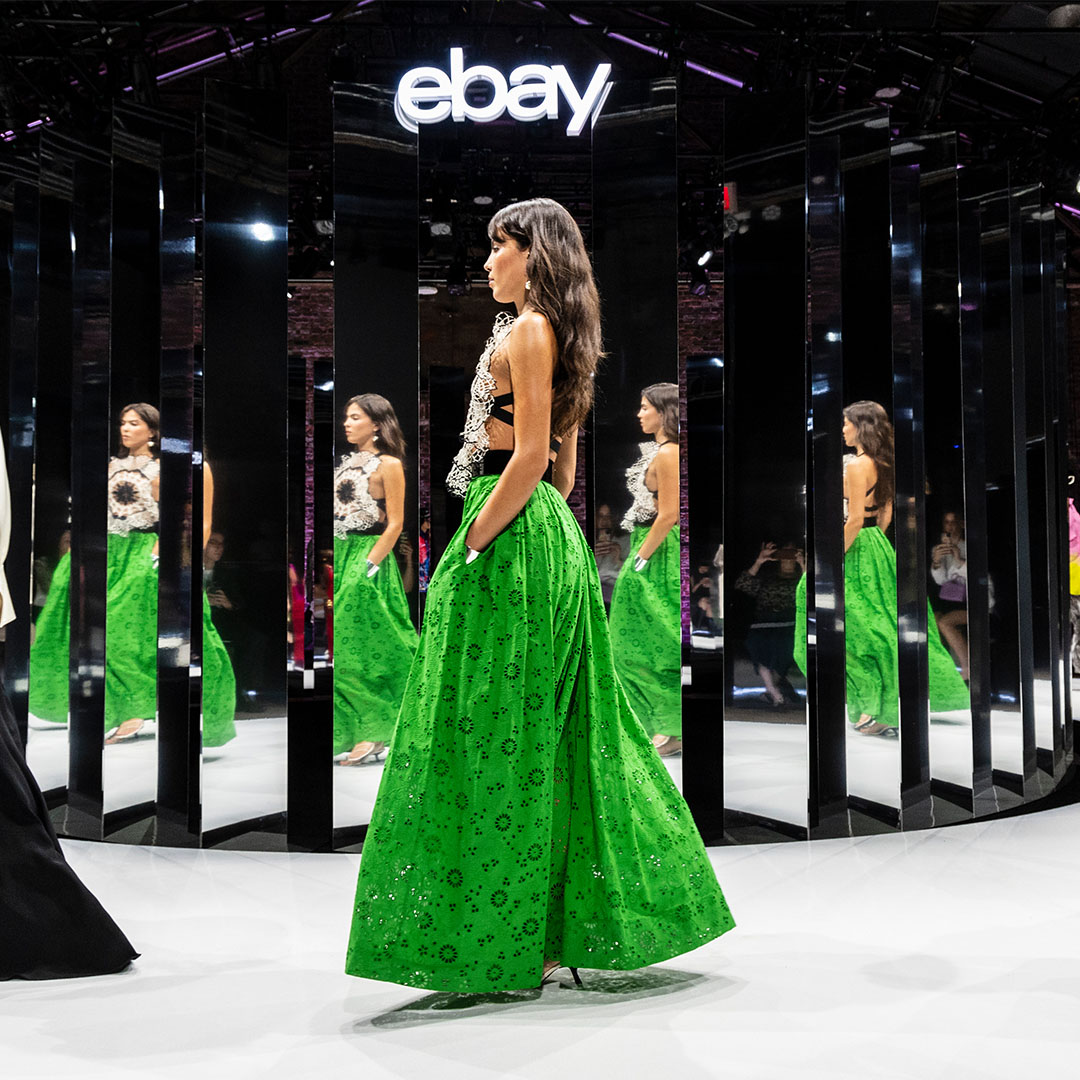 Everything you need to know about eBay's pre-loved London Fashion Week show
Everything you need to know about eBay's pre-loved London Fashion Week showDid somebody say archive McQueen?
By Natalie Hughes
-
 London Fashion Week AW24: All the standout moments
London Fashion Week AW24: All the standout momentsA preview of the trends you'll be wearing next season
By Penny Goldstone